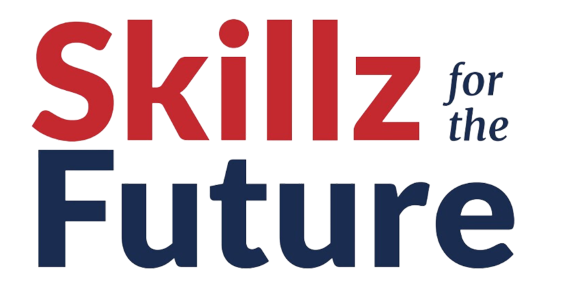Effective communication in healthcare is foundational to providing quality patient care. Among the various communication skills, empathic listening stands out as a key element that healthcare professionals can master to enhance patient outcomes. In this article, we delve into the significance of empathic listening, its benefits in healthcare, practical approaches, and the essential skills needed to become an empathic listener.
Empathic listening, characterised by making an emotional connection with the speaker, goes beyond active listening. It involves putting oneself in the speaker’s shoes, feeling with them, and creating a supportive space for them to express their thoughts and emotions. This skill is particularly crucial in healthcare, where patients often require not only medical expertise but also emotional support.
Benefits of Empathic Listening in Healthcare
Improved Patient Experience: Healthcare professionals who engage in empathic listening create an environment of trust and understanding. This positively influences the patient’s experience, making them more likely to communicate openly about their needs and concerns.
Enhanced Patient Adherence: Empathic listening fosters a connection between healthcare providers and patients. Patients are more likely to adhere to treatment plans when they feel heard, leading to better outcomes.
Clear Communication: Effective communication is vital in coordinating care among healthcare team members. Empathic listening ensures that healthcare professionals understand not only the medical aspects but also the emotional aspects of a patient’s situation.
Positive Health Outcomes: Patients who experience empathic listening are more likely to be satisfied with their healthcare. This satisfaction contributes to a positive provider-patient relationship and can positively impact overall health outcomes.
Practical Approaches to Empathic Listening
Lack of Judgment: Empathic listening requires setting aside personal opinions and judgments. Using phrases like “I understand” and “I see” demonstrates acceptance of the speaker’s message.
Full Attention: Giving undivided attention to the speaker is essential. Being present in the moment and practicing mindful listening contribute to effective empathic listening. Focus on Feelings: In addition to understanding the words, empathic listening involves recognising and understanding the speaker’s emotions. Non-verbal cues and body language play a significant role in this aspect.
Acknowledgment of Feelings: Even in professional settings, acknowledging the emotions expressed by the speaker is crucial. Statements like “I can see that you feel strongly about this” show an awareness of the emotional aspect.
Demonstrating Active Listening: Mirroring body language, nodding, and providing appropriate verbal cues are ways to demonstrate active listening. Allowing pauses and giving the speaker space to speak are vital components.
Essential Skills for Empathic Listening
Empathy: The ability to understand and share the feelings of another person is fundamental to empathic listening. It involves connecting emotionally with the speaker. Compassion: Empathic listening is enriched by compassion, which entails not only feeling with others but also taking action to alleviate their struggles.
Patience: Empathic listening requires a willingness to give the speaker the time they need to express themselves fully, without interruption.
Non-Judgment: Creating a non-judgmental environment is essential for empathic listening. Suspending personal judgments allows for open and honest communication. Trustworthiness: Building trust is foundational. Being seen as reliable and trustworthy encourages the speaker to share openly.
Self-Awareness: Recognising one’s own emotions, strengths, and weaknesses is crucial. Self-awareness helps in setting aside personal emotions to focus on the speaker. Self-Control: Linked to self-awareness, self-control involves managing one’s own emotions. It enables the listener to regulate emotional responses and maintain a supportive stance.
Empathic listening is a powerful tool in healthcare communication. Healthcare professionals who master this skill create an environment where patients feel heard, valued, and emotionally supported. While it may require time and patience, the benefits, including strengthened relationships, improved understanding, and enhanced emotional support, make empathic listening an invaluable skill in both personal and professional healthcare contexts.
